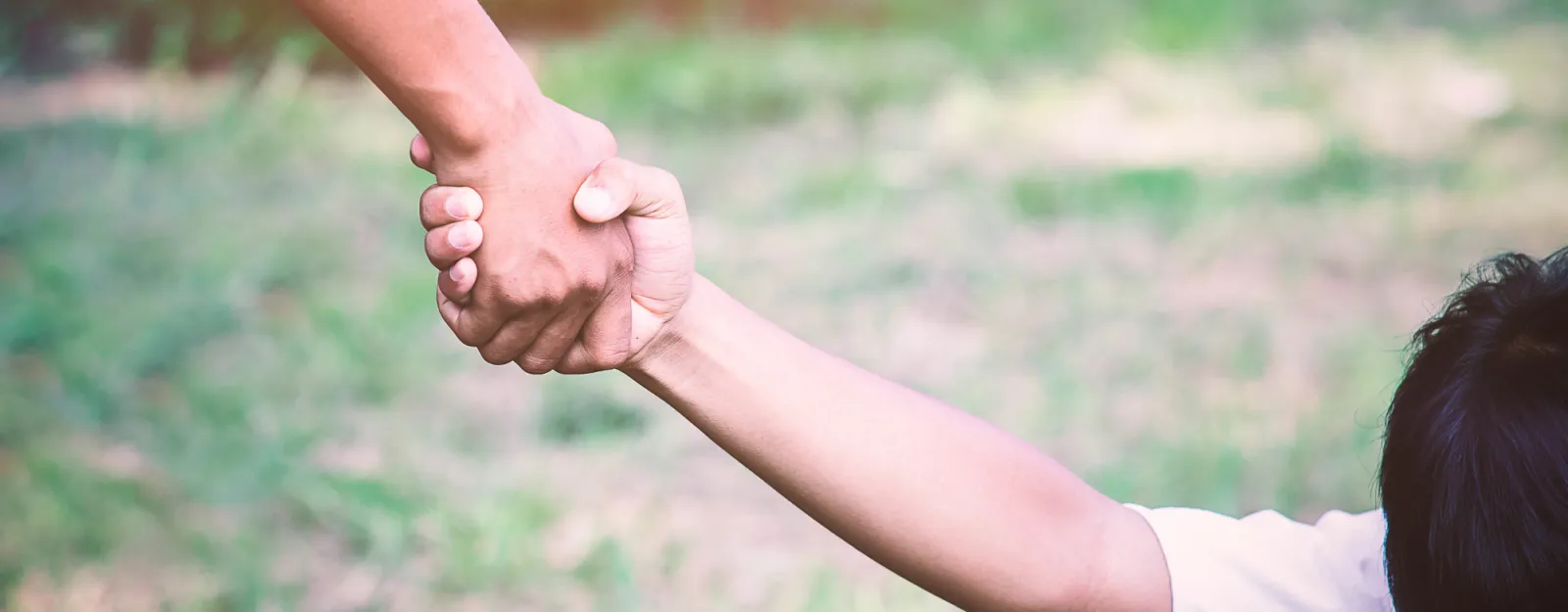My days are sometimes filled with anger and sadness at their victimization. But often there comes a silent whisper of hope. I see them individually as small miracles that deal with that silent place where a child’s fears crouch. For me, action is an affirmation of God. One sometimes seeks the truth through one’s own daily ‘busyness’. Part of the joy lies in the daily renewal of respect for our own humanness, which is contained in each of us. It is to share in the suffering of the world. Compassion is a word meaning to suffer with the other. We are children of God together. It is a quality of love that invites us to hold the pain of another, an acceptance of our (yours and mine) own brokenness. We liberate others by not making them feel the guilt of that brokenness. To respond in a small way is to help create a world where it is easier and more natural to accept forgiveness. I come not with answers and solutions. I bring my own poverty, brokenness, and questioning. I am reminded of the words of Rosalie Bentille: “As long as we are unquestioning, we are part of the problem.” I come with respect for the fragility and importance of an individual life, knowing that love is measured by its fullness, not by its reception. St. Johnof the Cross wrote: “where there is no love, put love, and you will find love.” In seeking love, I am being pushed to my own freedom. I learn to look for light where there is darkness, for goodness where there is anger. I believe deeply in the dignity and worth of all life and allow myself to be touched in gentle ways—the ways of a child.
Homeless children are children of a living crisis. In all their confusion, unkeptness in tiny bodies, consumed in the everydayness of noise, the crowded emptiness of material clutter, homeless children respond in trust and innocence. They are not indifferent. There is an eagerness to touch, to share words, and they have not yet lost that beautiful small miracle of laughter. For homeless children, time is spent waiting, always waiting outside locked doors or inside in long lines. When they are not waiting, they are hurried, pushed on by impatient adults. Their mothers have so little space and privacy for the nurturing of their own children.
The Hopi Indians say that a child becomes human when it smiles for the first time. MUST is a place built on faith in the preciousness of a child’s smile, in a child’s openness to life, indeed in a child’s own humanness. We share in both their hopes and in their suffering. It is in the taking of small steps that we come to understand with more clarity.


